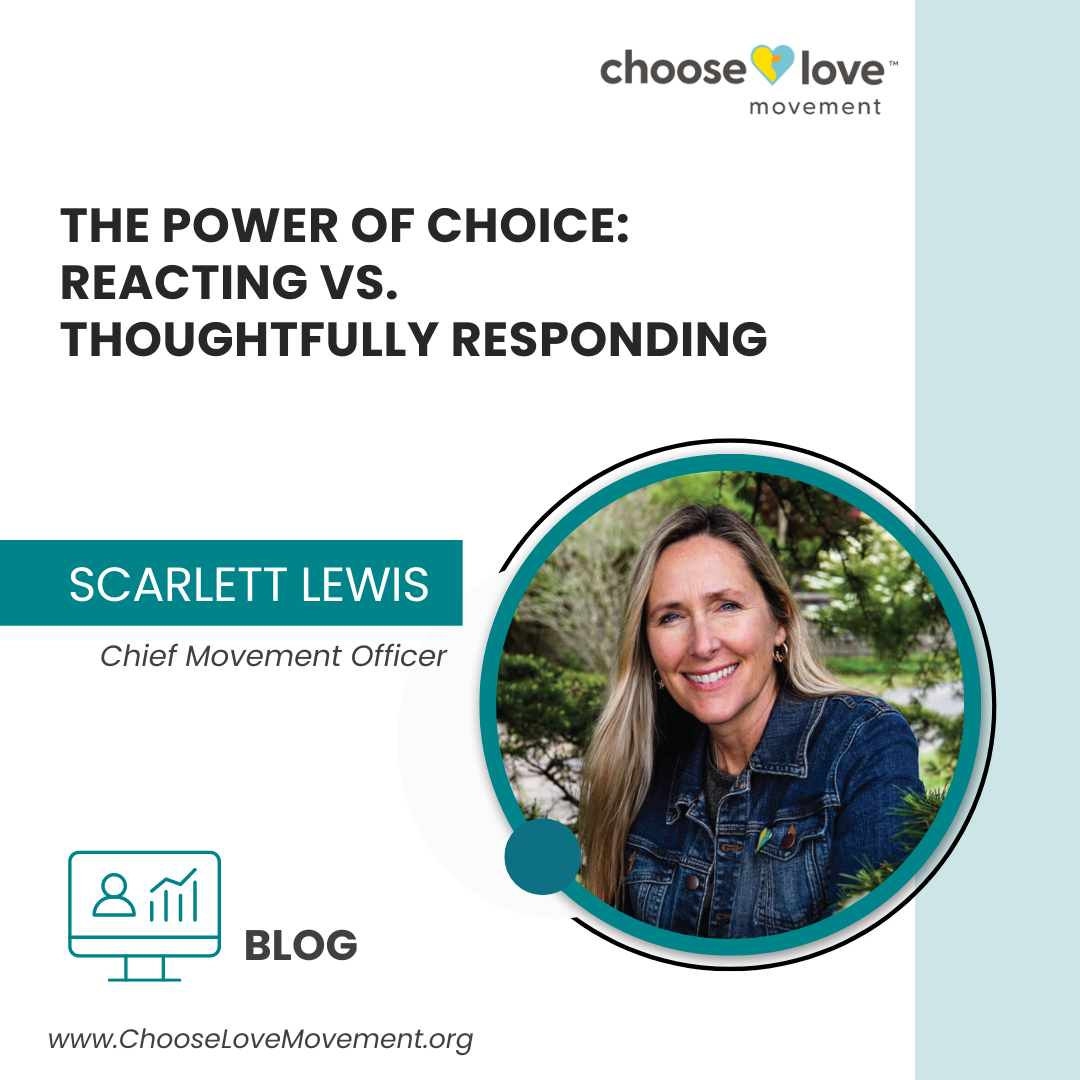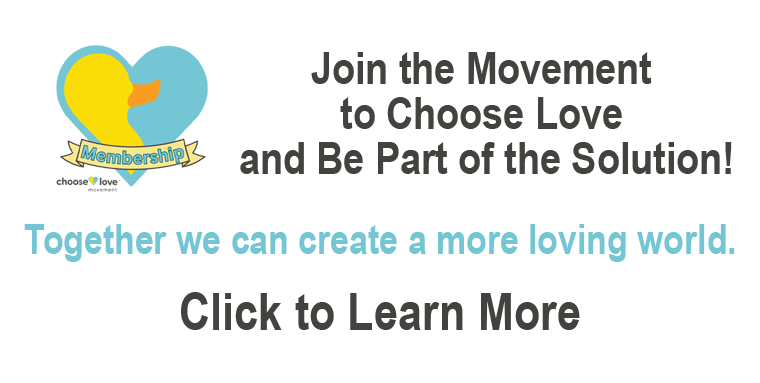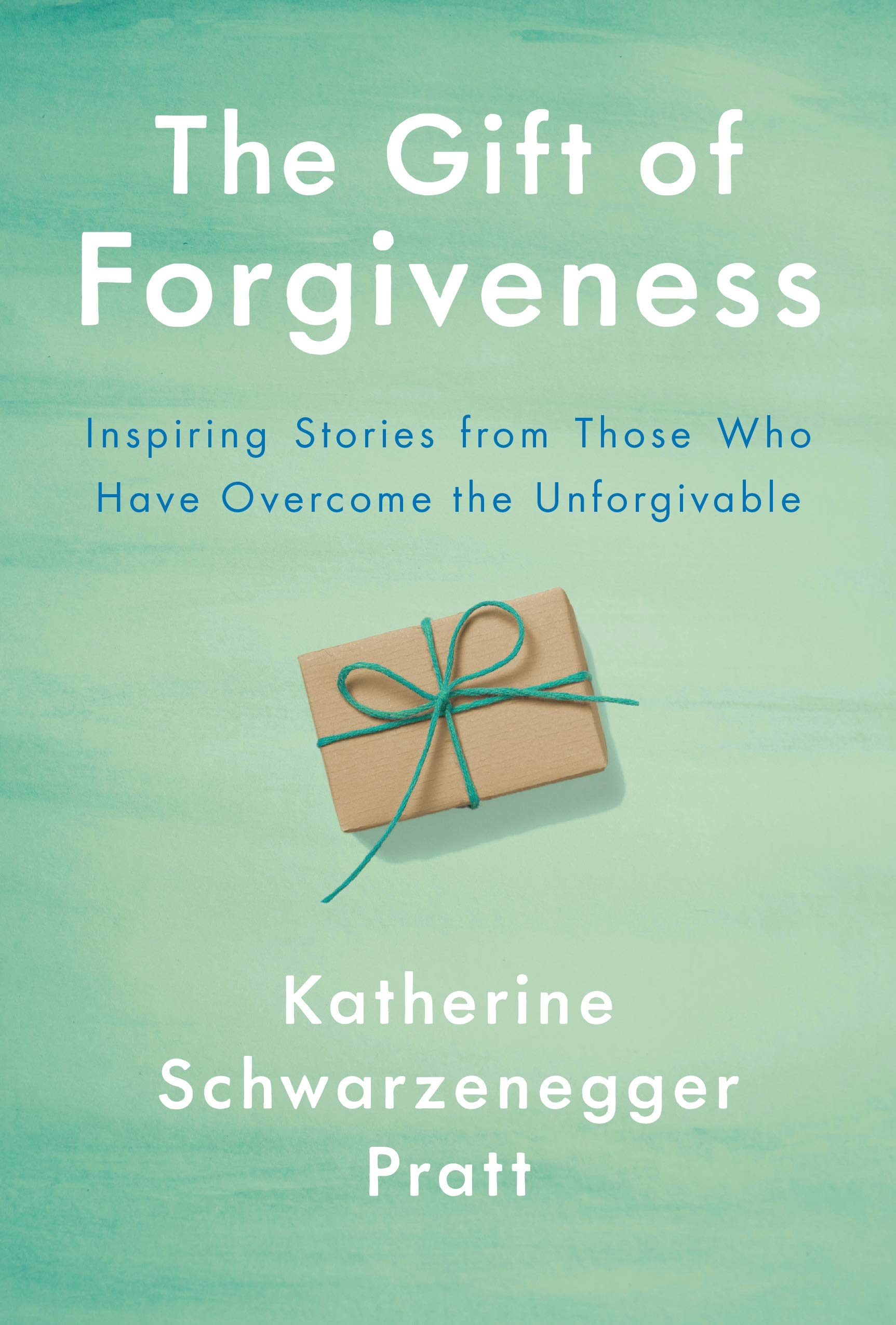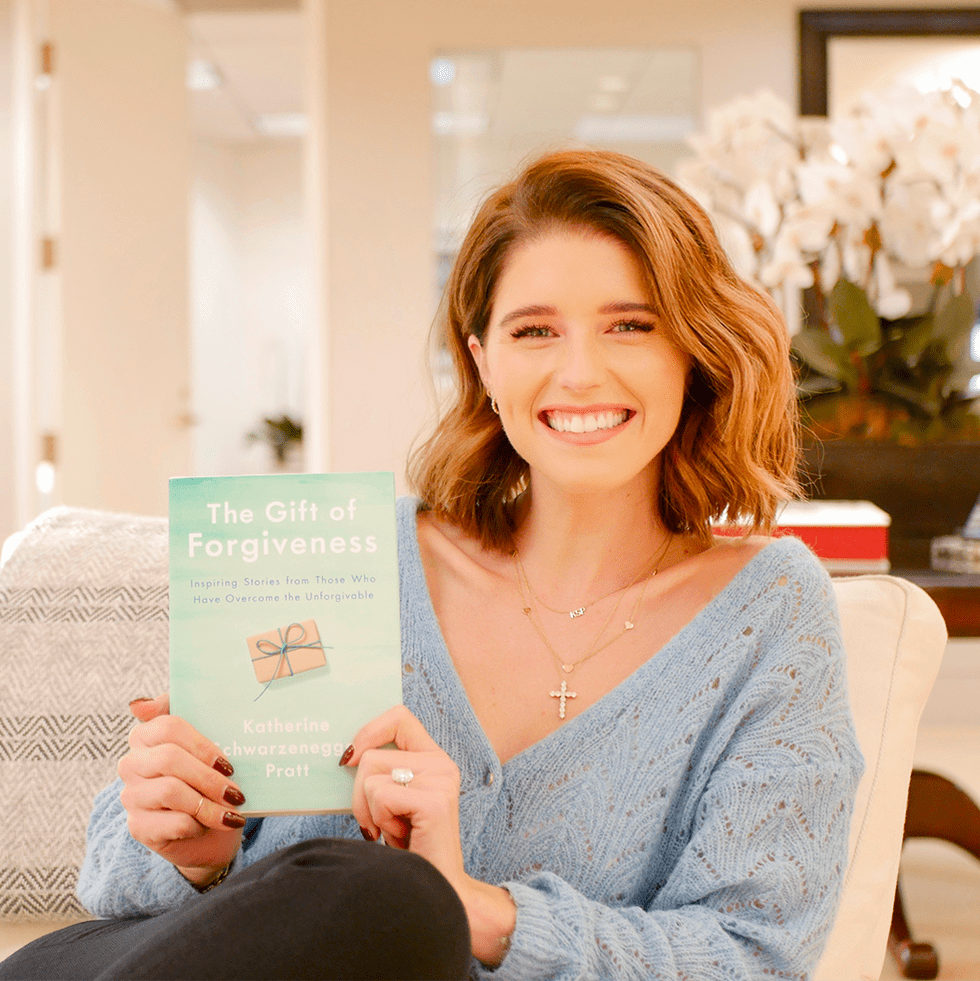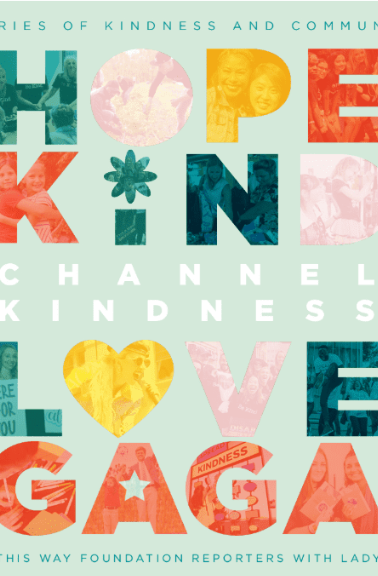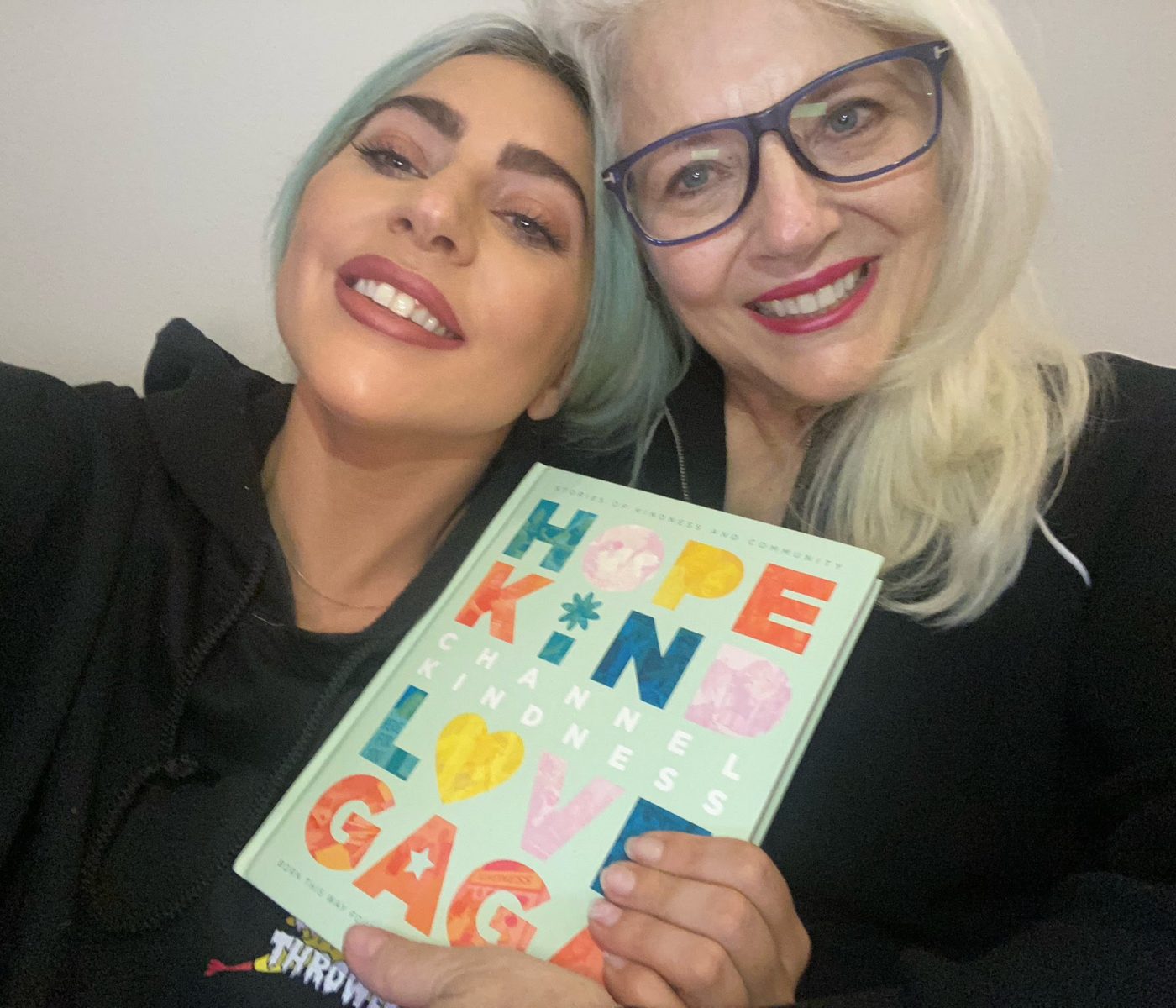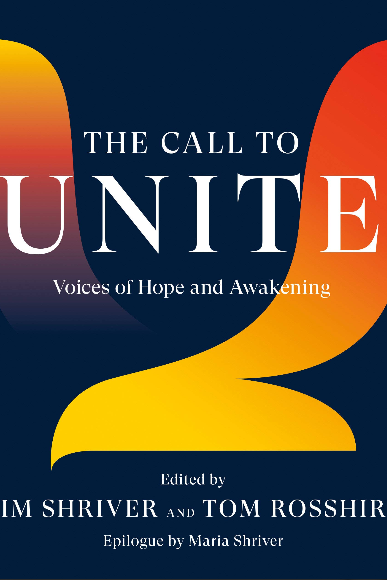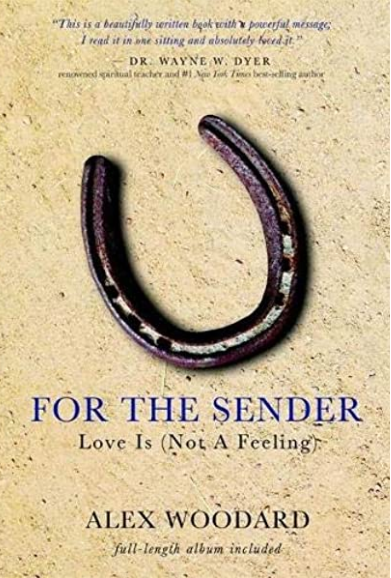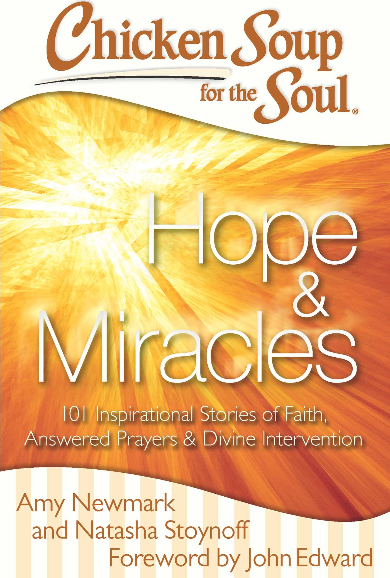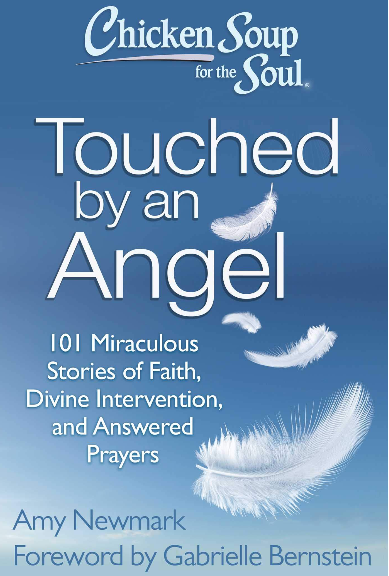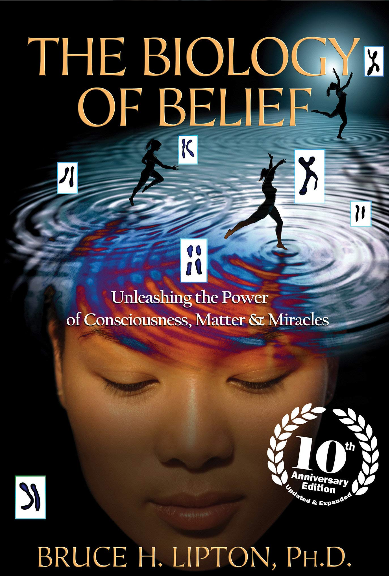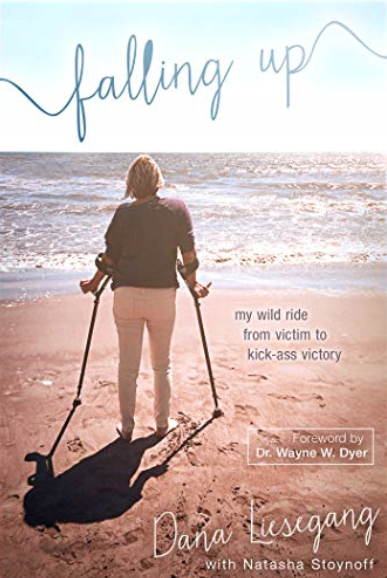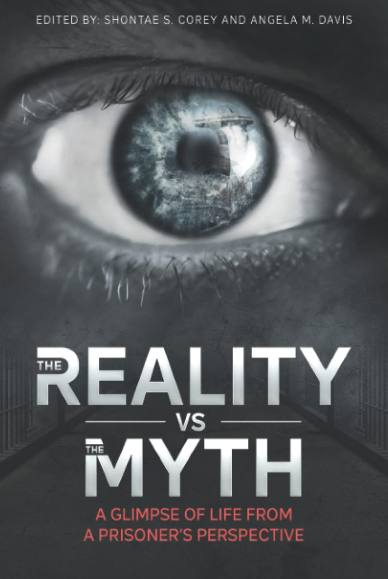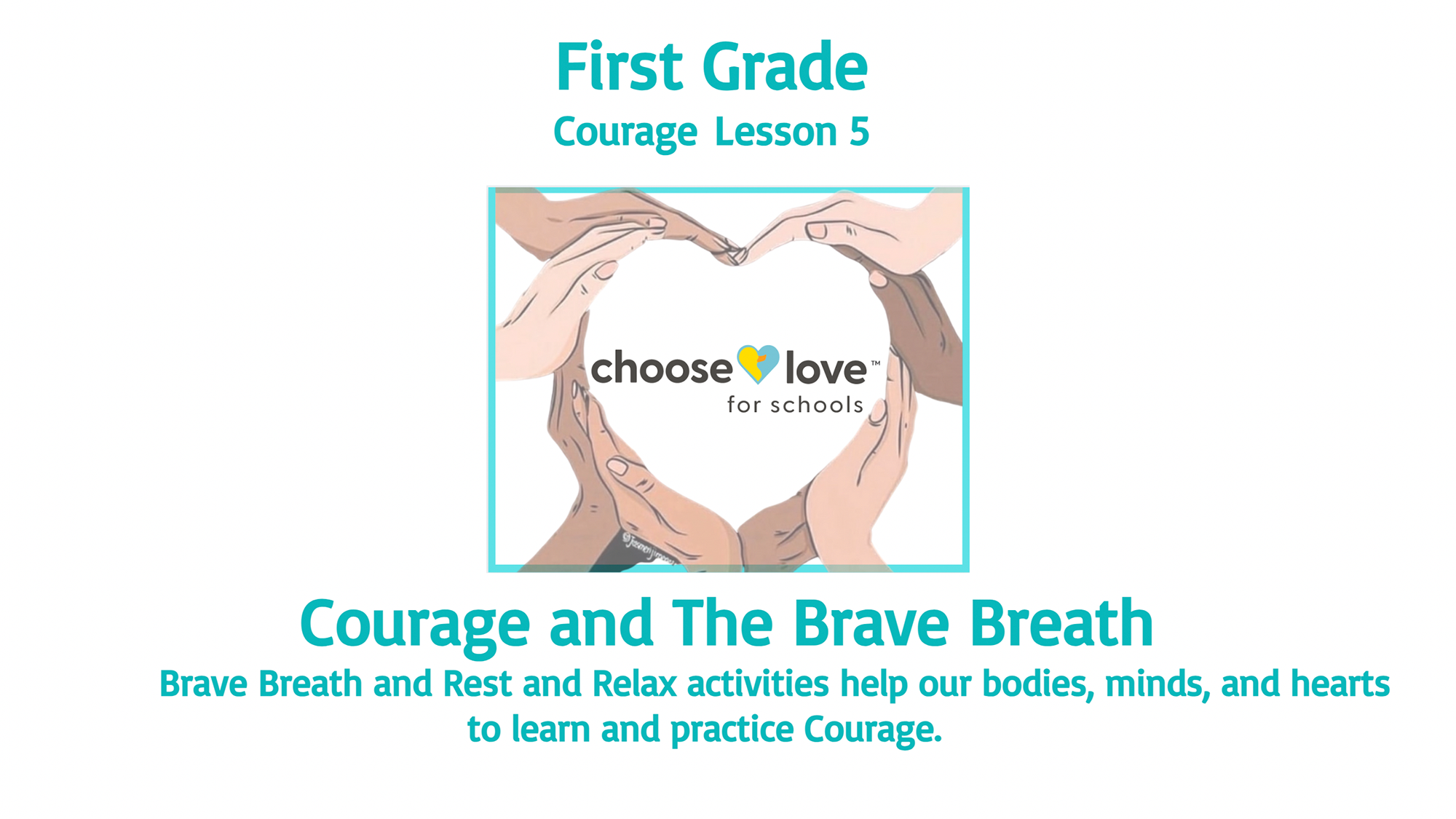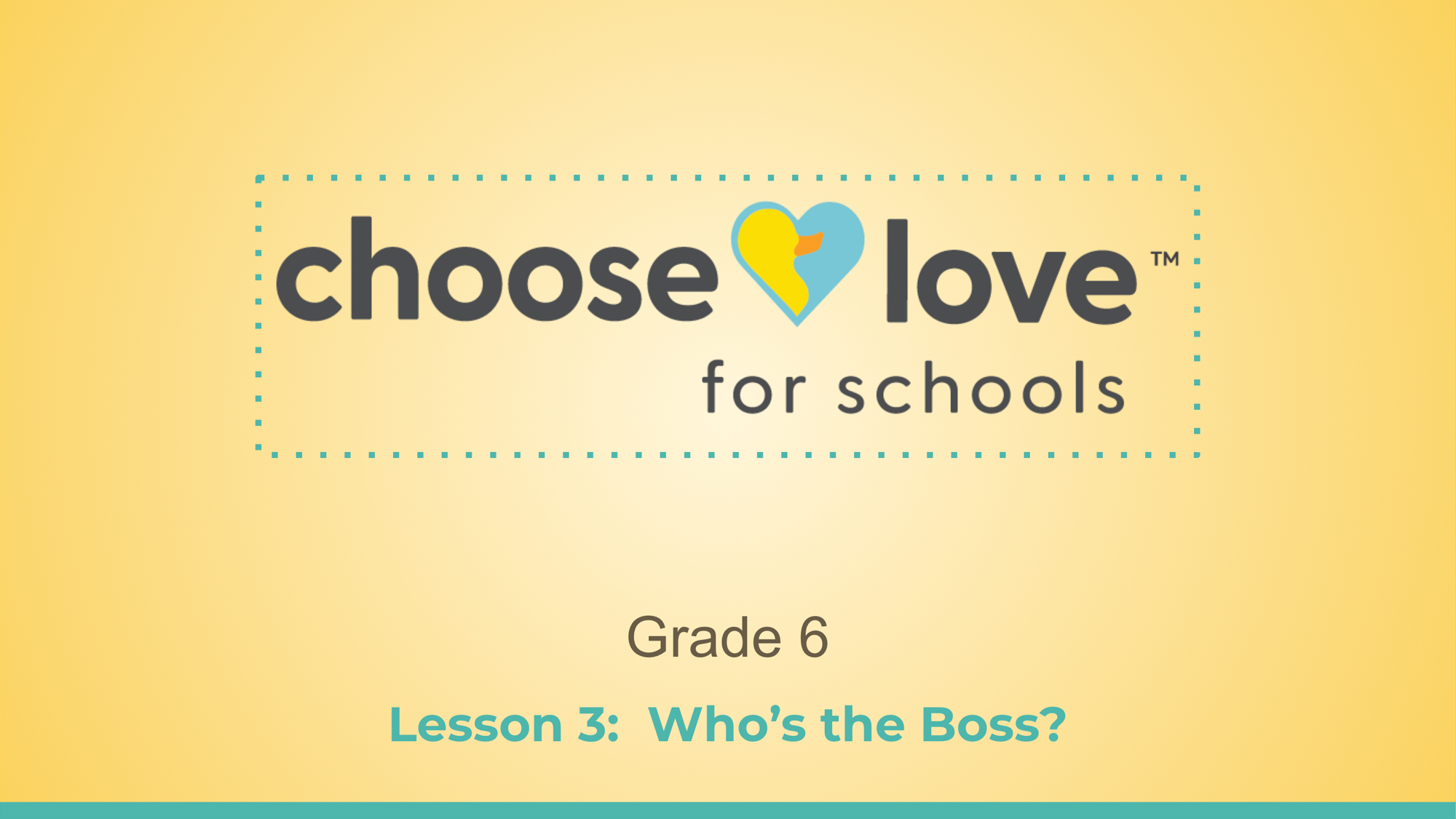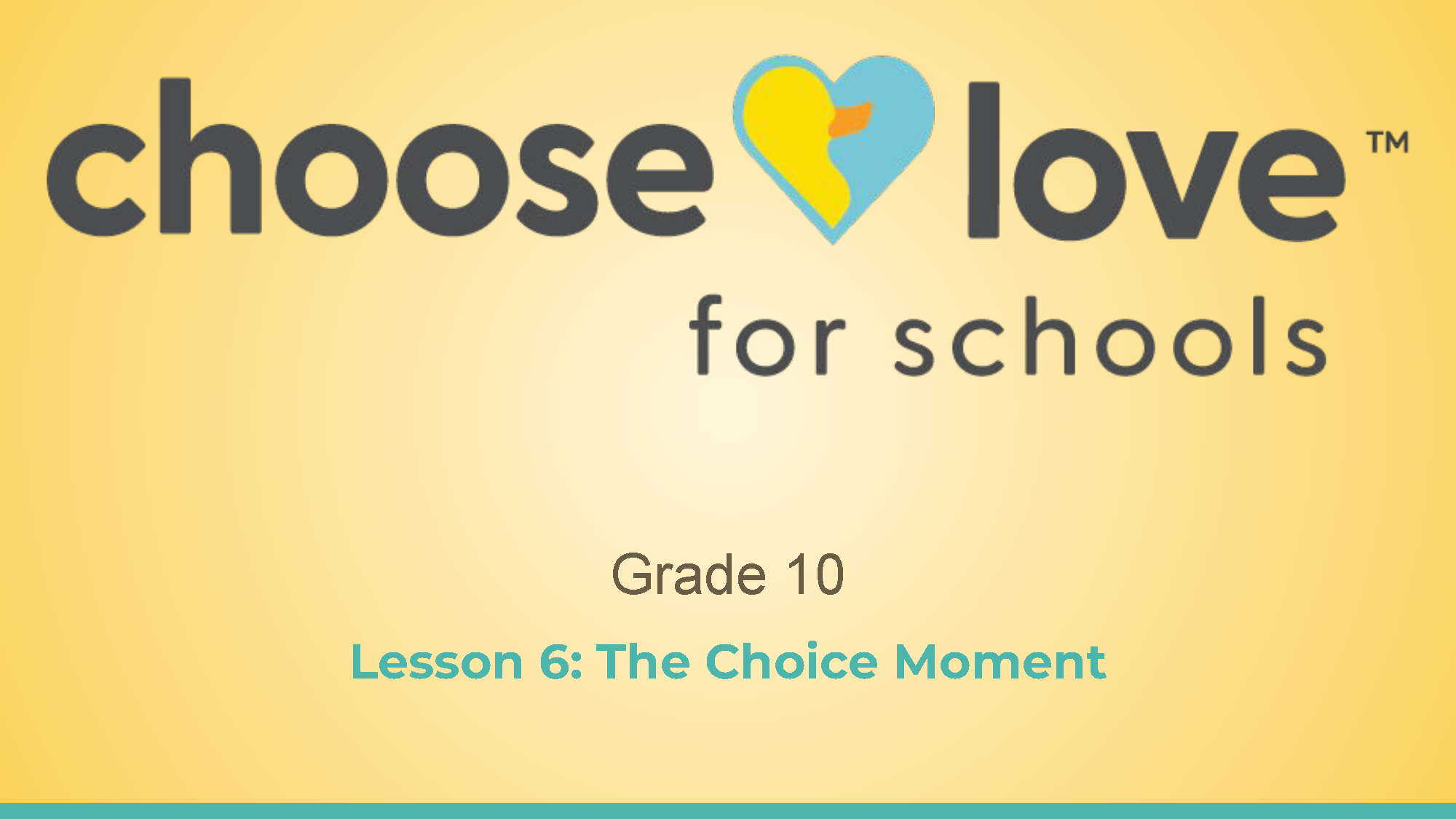The Choose Love Movement™ uses the Choice Moment™ Model to help with thoughtful responses in more challenging situations. Most of the time we are reacting to situations from habit or memory. Habits don’t always serve us however, and memories aren’t always accurate.
Reacting is an immediate, emotional reply. It’s often driven by gut feelings or initial perceptions. When we react, we don’t necessarily process the situation deeply; instead, we rely on automatic responses that are fast and often defensive.
A thoughtful response, on the other hand, involves a deliberate and reflective approach. It requires pausing, assessing the situation, and choosing a course of action that aligns with our values and desired outcomes. Responding enables us to regulate our emotions and act in a more considered and thoughtful way.
Our gut feelings play a significant role in how we react. Fascinatingly, the gut has a network of neurons known as the enteric nervous system, often referred to as the “second brain.” This network can operate independently and communicates with our central nervous system. Research shows that the gut sends more signals to the brain than the brain sends to the gut, highlighting its influential role (Mayer, 2011).
It takes courage to trust your gut instinct. Studies suggest that our intuitive judgments are often accurate because they are based on subconscious integration of past experiences and knowledge (Gigerenzer, 2007).
Reacting can be beneficial in urgent situations where immediate action is necessary. For example, avoiding an oncoming car or protecting someone in danger requires a quick reaction. Moreover, trusting your gut can be crucial in situations where you have significant experience or expertise.
Responding thoughtfully is generally more advantageous in complex, emotionally charged, or interpersonal scenarios. Take a dispute, for instance. Pausing to understand the other person’s perspective helps prevent escalation and fosters constructive dialogue.
Before reacting in anger, it’s helpful to take a moment to get curious about the other person’s viewpoint. This pause allows you to thoughtfully respond, thereby diffusing tension and creating a more collaborative atmosphere.
Using the Choose Love Formula™: Courage, Gratitude, Forgiveness, Compassion-in-Action in our responses can transform interactions:
– Courage empowers us to trust our instincts where appropriate and to take the necessary pause to reflect.- Gratitude helps us focus on positive aspects, which can shift our mindset from negativity to appreciation.
– Forgiveness releases us from holding grudges, allowing us to respond with empathy rather than resentment.
– Compassion enables us to see others’ struggles and react with kindness.
Choosing Love over fear involves integrating these qualities. By bringing our locus of control inside and making a thoughtful response rooted in love, we foster healthier and more meaningful interactions.
Choosing to react or respond is a powerful decision-making process. By understanding the benefits of each approach and cultivating skills such as courage, gratitude, forgiveness, and compassion, we can navigate life’s challenges with grace and effectiveness. Embracing thoughtful responses enables us to Choose Love and maintain control over our actions, leading to more fulfilling and harmonious relationships.
—
**References:**
– Mayer, E. (2011). The Mind-Gut Connection.
– Gigerenzer, G. (2007). Gut Feelings: The Intelligence of the Unconscious.

